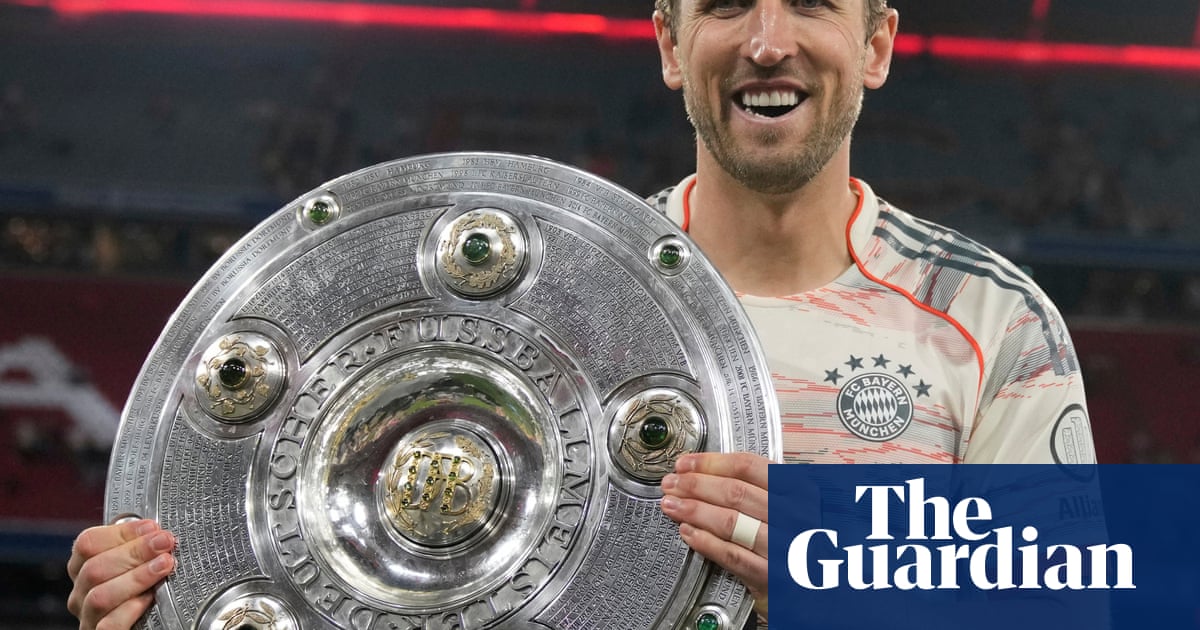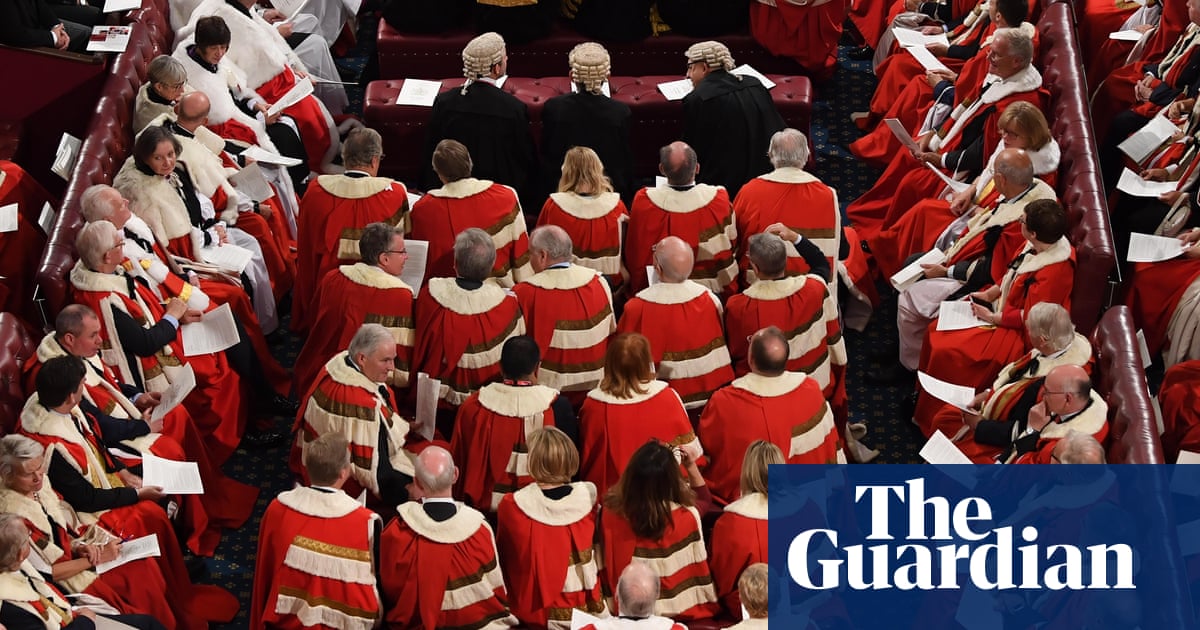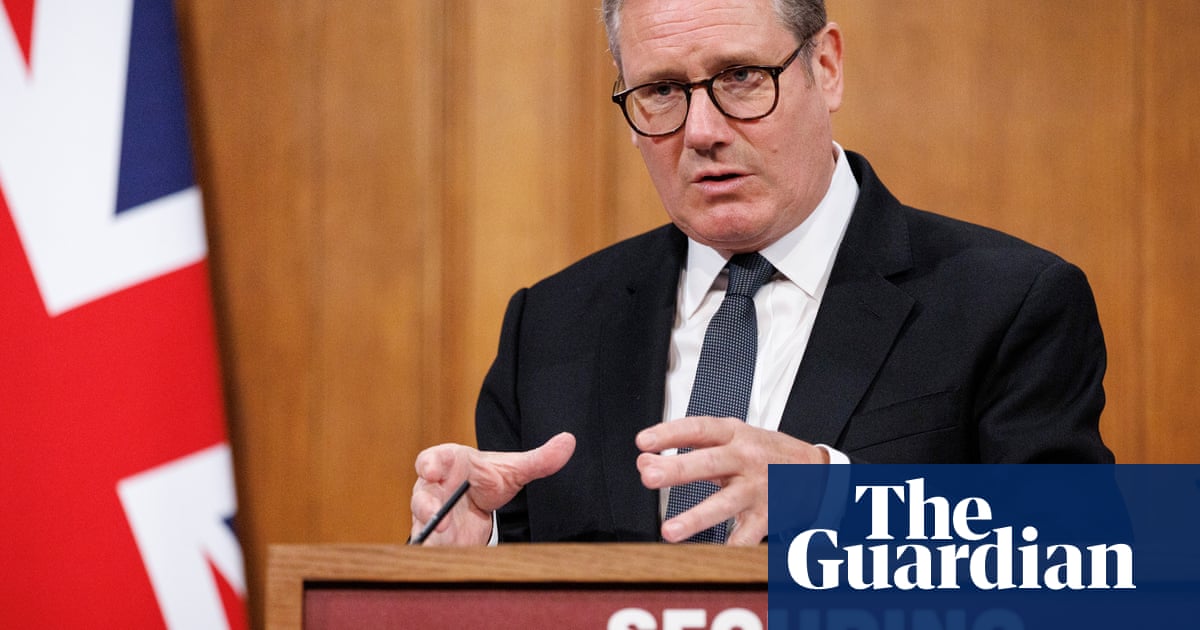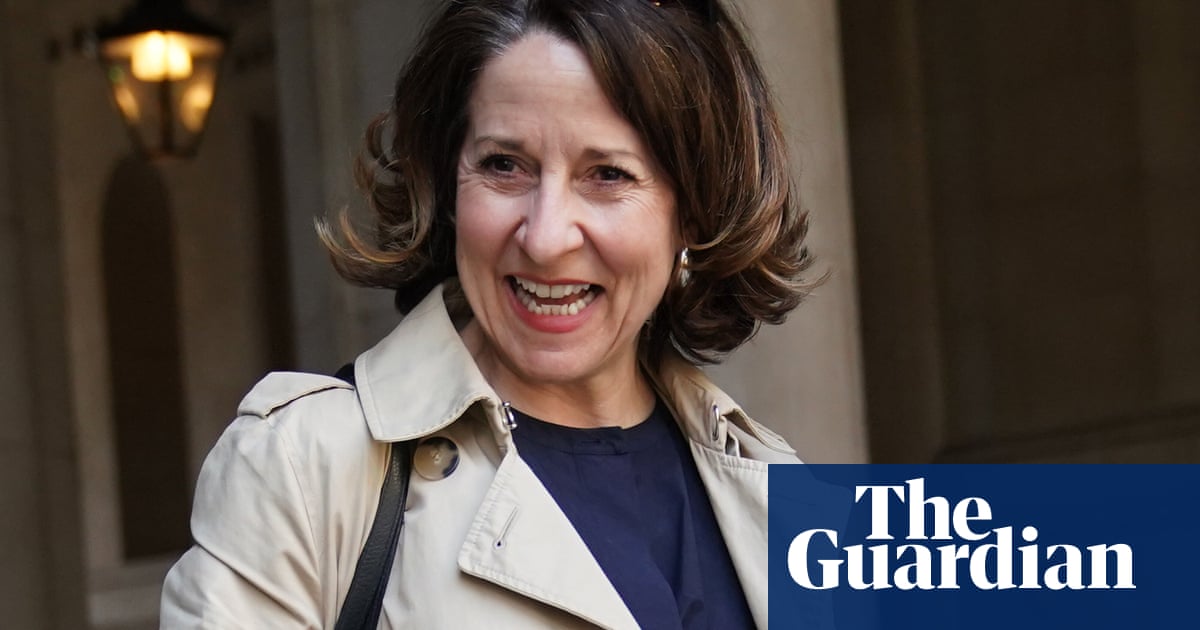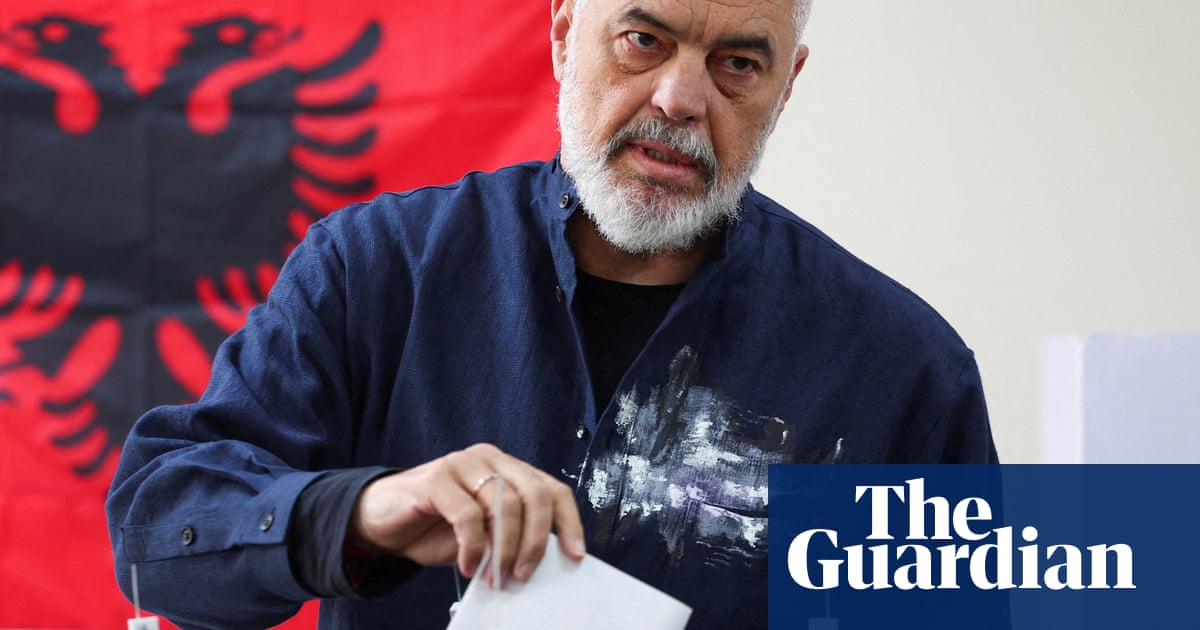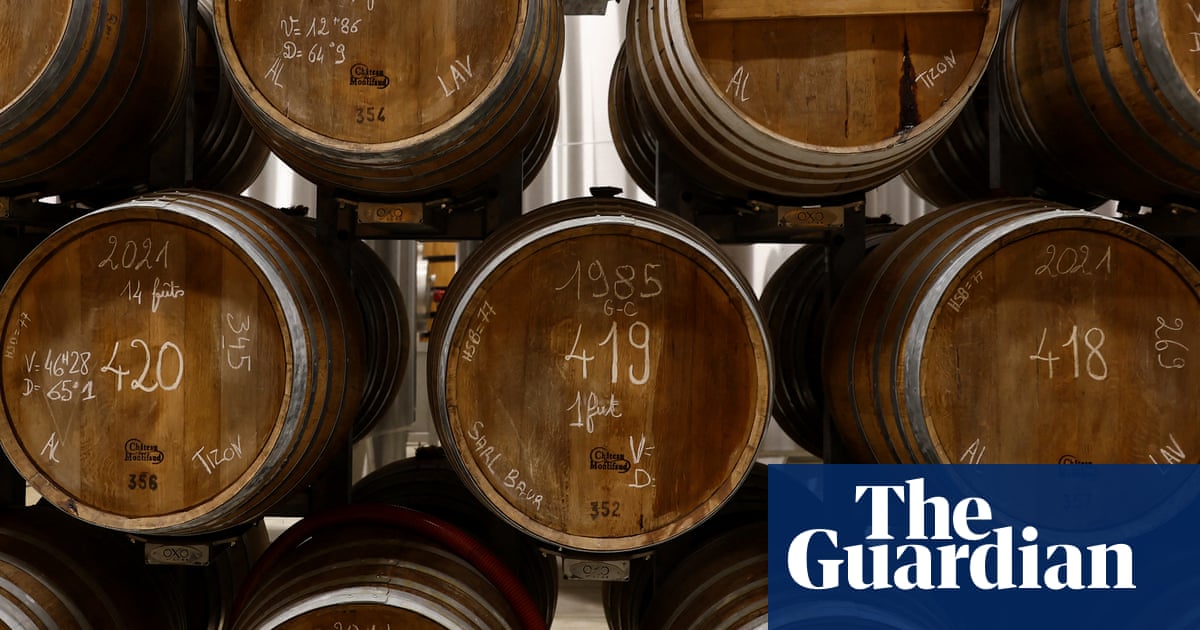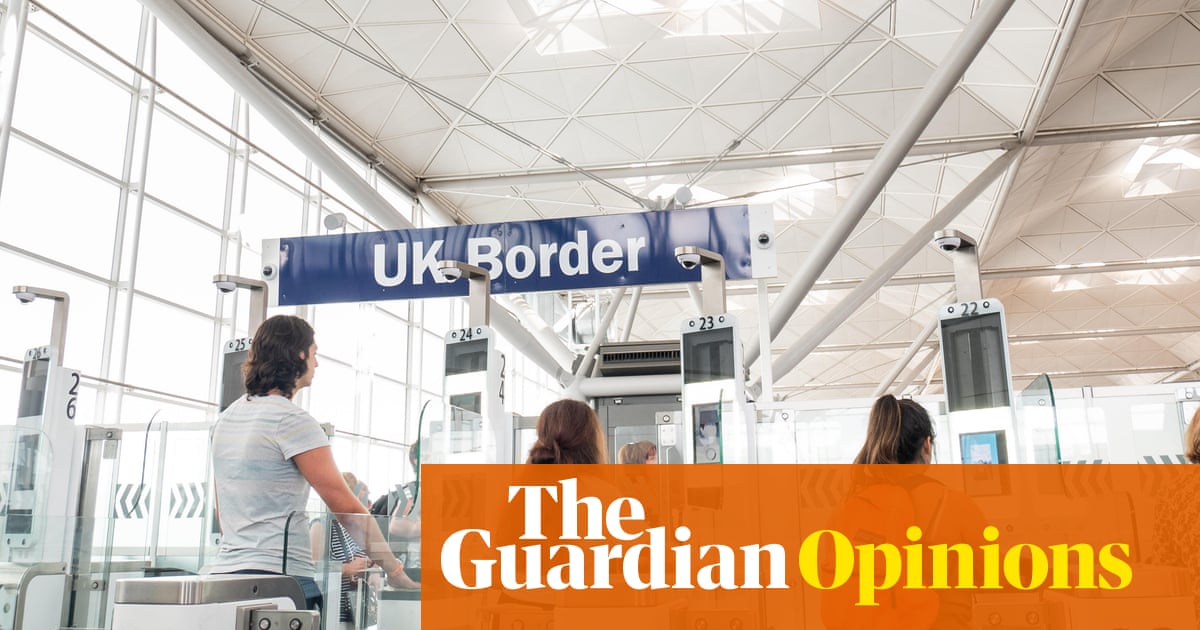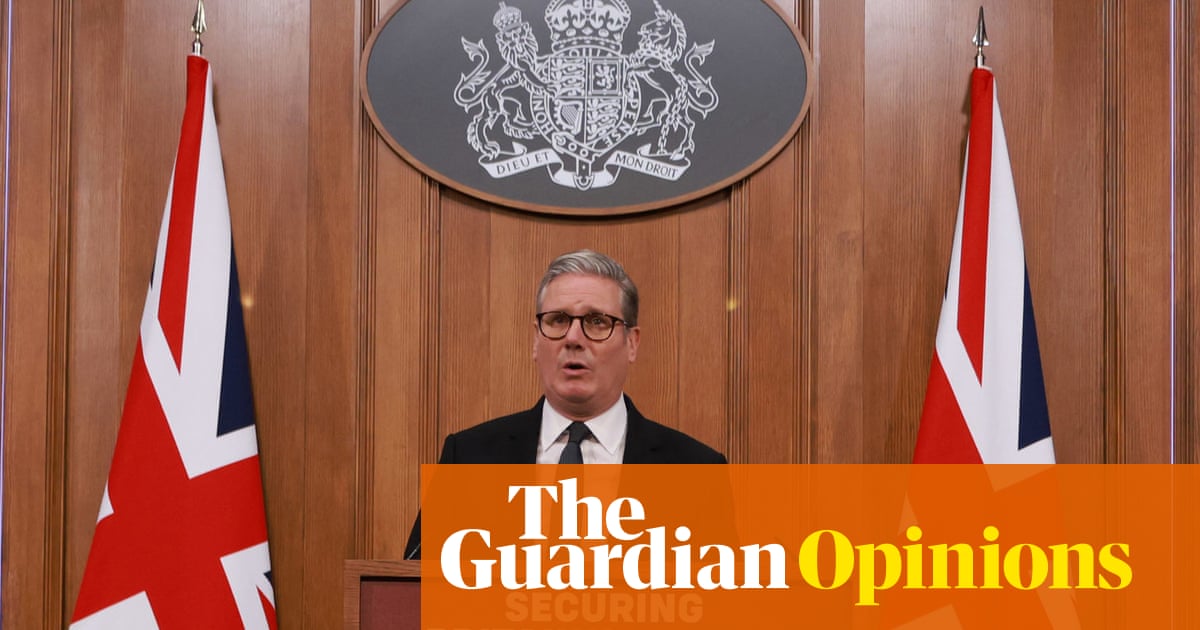In the theatre of 21st-century trade diplomacy, symbolism often eclipses substance. Last week’s UK-India and US-UK agreements reveal a curious asymmetry: in both, the larger partner, in terms of GDP, leveraged the relationship for political ends, while the UK supplied what matters – regulatory prestige and high-income consumers. The former deal offers India a chance to climb the “value chain” and access markets it cannot replicate at home. Donald Trump used his pact to stage a spectacle of grievance and control.
Ironically, Britain – the smaller economy – behaves like the grown-up in both rooms. India turns the agreement into genuine gains. The UK’s trade concessions offer a glimpse of Delhi’s broader ambition: to pry open rich-world markets and access critical tech, as India positions itself as the west’s manufacturing alternative to China. By contrast, Mr Trump’s America focuses on image over impact. But Washington has tacitly conceded that the real action – on AI, digital services tax and UK pharma tariffs still in place under the deal – has yet to begin. The pact falls well short of the sweeping agreement Britain once sought with the US, and lacks the depth of the UK-India deal.
The UK, once the imperial core, is now too small to be intimidating but too useful to discard. It is flattered and exploited not for its size, but for its ability to confer market credibility and post-Brexit validation. But it is on Europe that the spotlight is about to fall. Sir Keir Starmer knows closer ties are in the economic interests of the country, even if local elections remind him that Brexit wounds still fester. He should do the right thing – and seek a better deal when he meets the EU commission president, Ursula von der Leyen, next week in London. The EU’s share of total UK trade is 20 times that of India.
The UK’s post-Brexit “reset” with the EU is taking shape not through grand gestures but through a cautious choreography of selective re-engagement. Sir Keir is quietly rebuilding institutional ties – especially defence – while studiously avoiding the language of reversal. His promise of an “ambitious” closer trade partnership sounds reassuring, but offers little beyond aspiration. There are limits to such low-key rapprochement: a proposed youth mobility scheme has run aground on the rocks of political symbolism. Ironically, in seeking to stabilise relations without unsettling a domestic narrative, he’s inching towards alignment while insisting he’s doing nothing of the sort. It is pragmatic but painfully performative.
The UK should approach its trading relationship with the EU as a responsible nation, respecting shared rules without demanding the perks of membership. Sir Keir is doing that – a victory given past Brexit delusions. Britain need not rejoin the single market – freedom of movement remains politically unviable – but it can pursue a deeper customs partnership that reduces trade frictions and anchors regulatory cooperation without breaking Labour’s manifesto pledges.
In a sane world, fixing the Northern Ireland post-Brexit mess would be part of the plan: closer alignment on customs and standards with the EU would ease internal UK trade, reduce friction and help safeguard peace. A bespoke customs arrangement, coupled with deals in the energy, science and services sectors, would allow Britain to contribute to European growth while advancing its own strategic interests. This is not submission but mature interdependence. That is a role Britain is well suited to play in a multipolar, crisis-prone world.

 5 hours ago
6
5 hours ago
6
